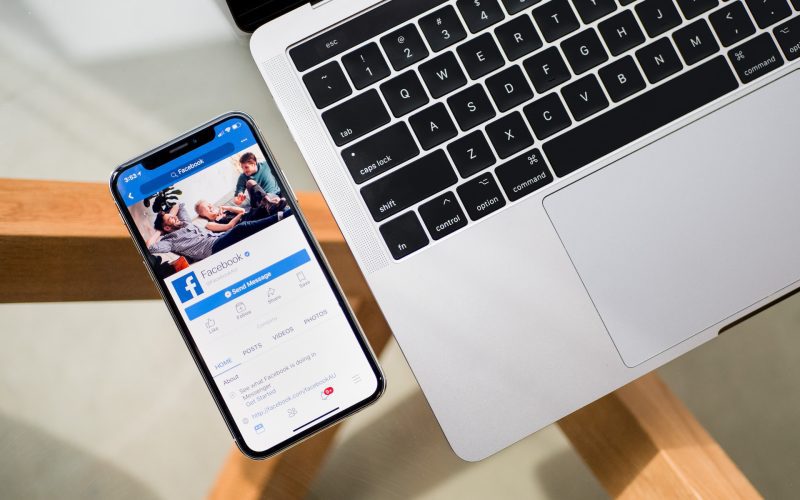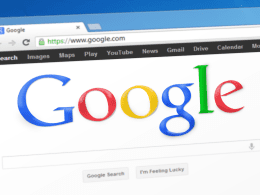Introduction:
As the COVID-19 pandemic has spread, Facebook Groups have become a vital resource for community organization and communication. Facebook Groups became an essential resource as people all around the world struggled with feelings of loneliness and the need for virtual social contacts. Let’s take a look at why people flocked to these online communities during the pandemic: to find solace and support in the face of unprecedented adversity.
COVID-19 Breaking News: Facebook Groups Proliferate
Individuals sought out virtual communities on Facebook Groups during the global health crisis in an effort to offset feelings of loneliness and uncertainty. These virtual communities quickly grew into vital resources for people to learn from one another, comfort one another, and build meaningful relationships with others who shared their experiences.
Fostering Connection through Online Groups
Facebook Groups connected people in a world where lockdowns and physical barriers prevented them from interacting with others. These online groups ranged from communities founded around shared interests to networks for those in need of emotional assistance. These communities provided individuals with the resources they needed to overcome obstacles, seek guidance, and encourage one another.
Collaborative Problem-Solving Based on Shared Experiences
People turned to Facebook groups to help them through the new difficulties they faced as a result of the pandemic. These online forums served as a place where people in comparable situations (such as parenting while distance learning, seeking help for mental health issues, or exchanging tools and resources for working remotely) could find support and understanding from others. The commonalities sparked a wave of compassion, fortitude, and solidarity.
Sharing Knowledge to Strengthen Communities:
Facebook Groups provided crucial information and updates about COVID-19 during a time when the situation was changing rapidly. The dissemination of factual information, the pooling of resources, the dispelling of myths, and the provision of a medium for professionals to interact with the general public were all facilitated by these communities. Facebook Groups were crucial in the battle against disinformation and the promotion of public health awareness by equipping communities with credible information.
The Power of Online Campaigning to Rally Support for Good Causes
In the digital age, Facebook Groups became potent amplifiers of social causes and networks of solidarity. These online communities brought people together in pursuit of a similar cause, generating awareness and money to make a difference in their neighborhoods. These movements’ combined strength demonstrated how social change may be driven by digital platforms even in adversity.
The Importance of Human Contact During a Pandemic
During the COVID-19 pandemic, Facebook Groups served as a central hub for communication, mutual aid, and community organizing. Individuals were given a safe haven in the form of these online groups, which helped them feel less alone and more a part of something despite living in an uncertain environment. Facebook Groups have proven their potential to bring people together and provide solace in times of disaster through the sharing of experiences, knowledge, digital advocacy, and a collective spirit of solidarity. These online groups will remain crucial hubs for communication, mutual aid, and resiliency in the post-pandemic era of technology.











